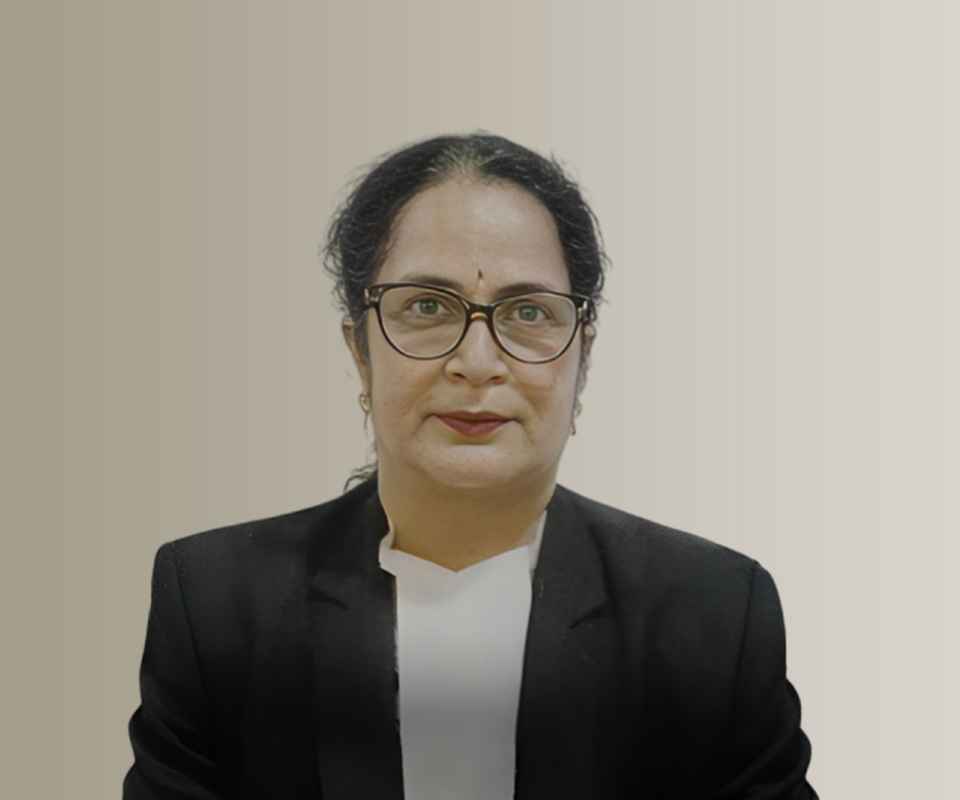Answer By law4u team
When an Alternative Dispute Resolution (ADR) professional, such as a mediator or arbitrator, is tasked with handling consumer disputes, they must possess a combination of relevant qualifications, training, and experience to ensure that the process is fair, effective, and aligned with consumer protection laws.
Key Qualifications For An ADR Mediator Or Arbitrator
1. Relevant Education And Training
ADR professionals should have formal education in law, conflict resolution, or a related field. While a law degree is not always required, it is highly beneficial, particularly for arbitrators who may need to apply legal principles. Additionally, specialized ADR training programs, often accredited by recognized institutions or governmental bodies, are essential to develop the skills needed to manage consumer disputes effectively.
2. Certification And Accreditation
Many jurisdictions require ADR professionals to be certified or accredited by recognized bodies. For example, in some countries, mediators and arbitrators may need to be listed on an official roster maintained by a professional association or government agency. Certification ensures that the individual has met the necessary ethical and professional standards for handling consumer disputes.
3. Experience In Consumer Protection Law
Knowledge of consumer protection laws is critical, as consumer disputes often involve issues like product defects, deceptive business practices, and unfair contracts. An ADR professional should have a solid understanding of both local and international consumer rights, as well as the legal framework surrounding consumer protection. This enables them to provide fair and legally informed decisions or recommendations.
4. Impartiality And Neutrality
ADR professionals must remain impartial and neutral throughout the dispute resolution process. They should have no conflicts of interest with the parties involved and must maintain objectivity in handling the case. Training in ethical guidelines for ADR practitioners is essential to ensuring impartiality.
5. Communication And Negotiation Skills
Effective communication is a cornerstone of successful mediation and arbitration. Mediators must be skilled in facilitating dialogue between parties, while arbitrators must be adept at interpreting the facts and guiding the resolution process. Both should have the ability to manage difficult or high-conflict situations, ensuring that all parties feel heard and respected.
6. Experience In Dispute Resolution
Practical experience in resolving disputes, particularly consumer-related cases, is highly beneficial. This experience can come from working in law firms, government agencies, or consumer advocacy groups. Mediators and arbitrators with experience are more likely to handle complex consumer disputes effectively and come to fair resolutions quickly.
7. Understanding Of Consumer Disputes
Specific knowledge of the types of disputes that commonly arise in consumer interactions, such as product defects, misleading advertising, faulty services, or breach of contract, is crucial. Familiarity with industry standards, warranties, and contractual terms can enhance the ability of the mediator or arbitrator to navigate the issues at hand.
Example
If a consumer files a dispute regarding a faulty product, the ADR mediator or arbitrator should:
- Have received formal training in consumer law and conflict resolution.
- Be certified by an accredited ADR body to ensure they meet recognized standards.
- Understand the intricacies of product liability, warranty issues, and consumer rights.
- Maintain neutrality and avoid any conflict of interest with either the consumer or the business.
- Possess strong communication skills to facilitate negotiation or present clear rulings, if acting as an arbitrator.
By meeting these qualifications, ADR professionals can help ensure that consumer disputes are resolved fairly, efficiently, and in accordance with relevant legal frameworks.







